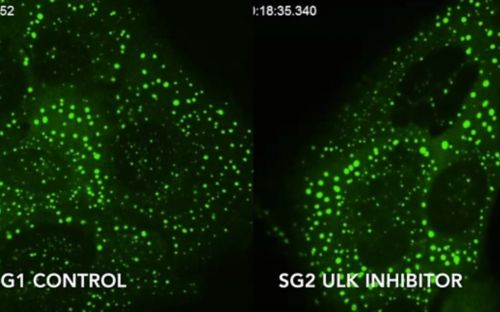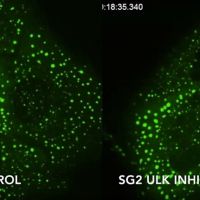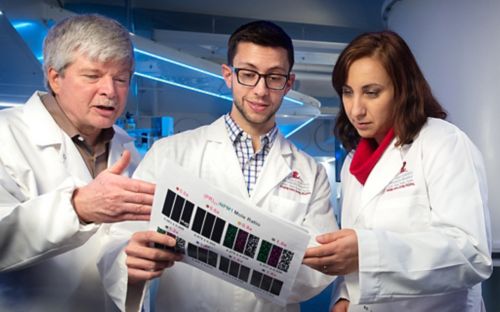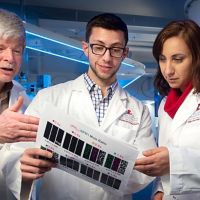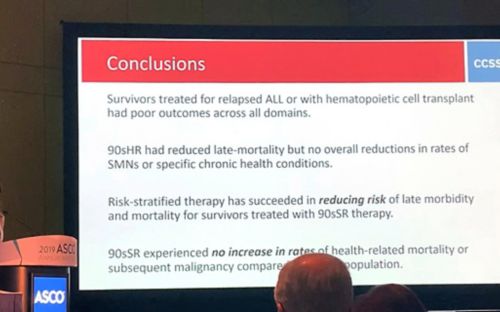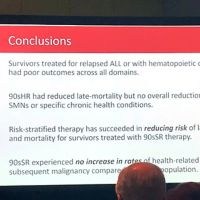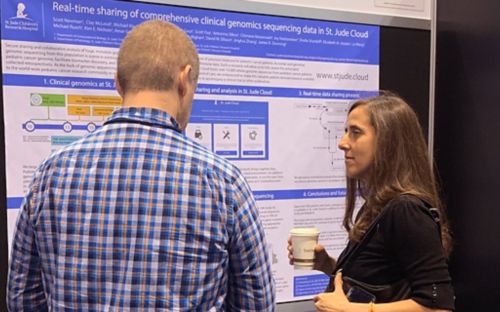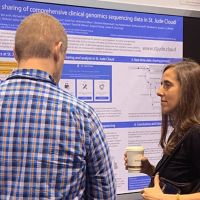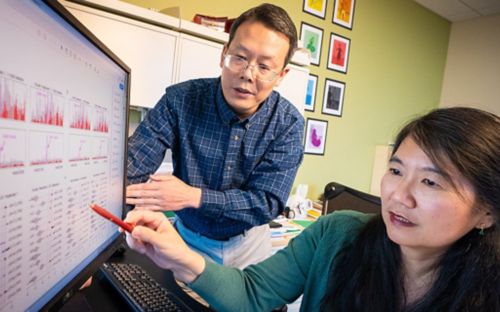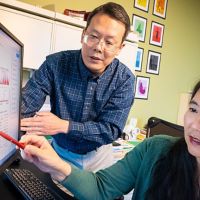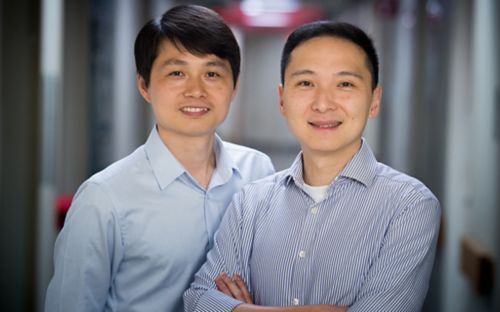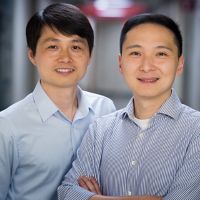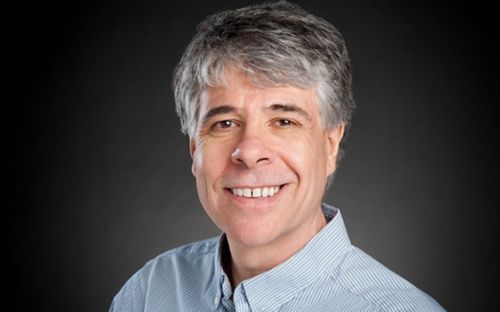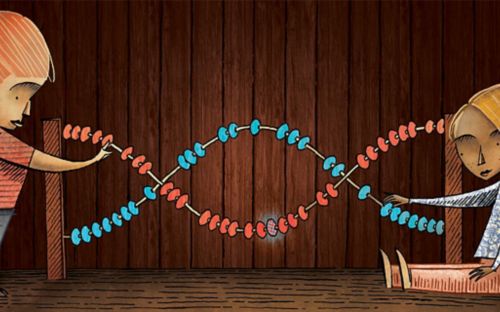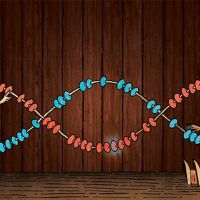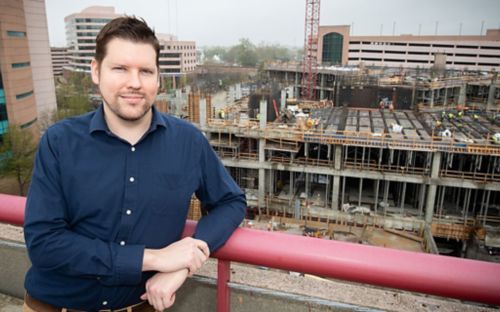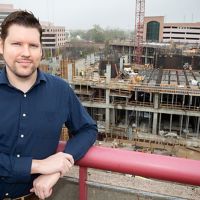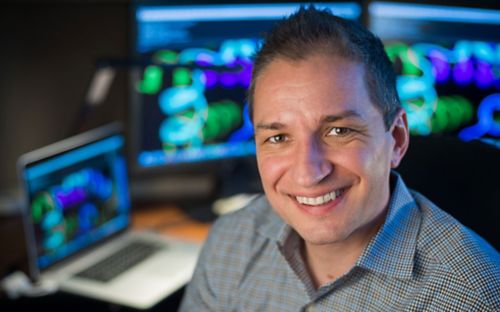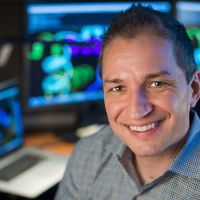Research
Learn about published research as well as leading-edge basic and translational research initiatives from St. Jude laboratories.
Enzymes that unlock stress granules, our cells’ biological ‘storm shelters,’ open pathway to treating muscle, brain disorders
Stress granules form from heat shock to the cell then disappear, but when treated with an inhibitor to the protein ULK, the stress granules persist event after removal of the stress.
Length matters in dipeptide repeat polypeptides – and can be a way to treat ALS
Read how the length of these proteins may be an indicator of ALS.
Exploring survivorship: The when and how of treatment strategies matter in adult survivors of childhood ALL
It used to be just about surviving–now, it’s about treating children with ALL to live long, healthy lives. Learn about ALL survivorship research from ASCO.
Researchers introduce real-time clinical genomics data using St. Jude Cloud platform at 2019 ASCO annual meeting
Scott Newman, PhD, shares the release of real-time clinical genomics data through the St. Jude Cloud platform at the 2019 American Society of Clinical Oncology (ASCO) meeting in Chicago, Illinois.
Researchers develop method to dramatically reduce error rate in next-generation sequencing
It’s easier to find a needle in a haystack when you take away the hay – read how this research team is reducing gene sequencing errors.
Genetic variations in a fourth gene linked to elevated leukemia risk in Hispanic children
Read how ancestry plays a role in determining your risk for cancer. In the case of Hispanic children, researchers found an increased risk of leukemia.
Gene therapy: Scientific breakthrough and a legacy of a cure
Read about the work from a goal – to a treatment – to a cure – and one scientist’s legacy.
Pediatric melanoma mystery solved by genome sequencing research
Two pediatric melanoma cases diagnosed a year apart reveal a new genetic driver of the disease. Read more about this spitzoid melanoma work.
From evolutionary biology to immunology via bioinformatics
Immunologists turn to Jeremy Crawford, PhD, when planning complex experiments or re-analyzing collected data. Learn about his bioinformatics career.
Researchers identify new molecular triggers for cell’s 'executioner'
Read how this molecule rips the “skin” of the cell to kill it, and how research is learning how this power is unleased.
